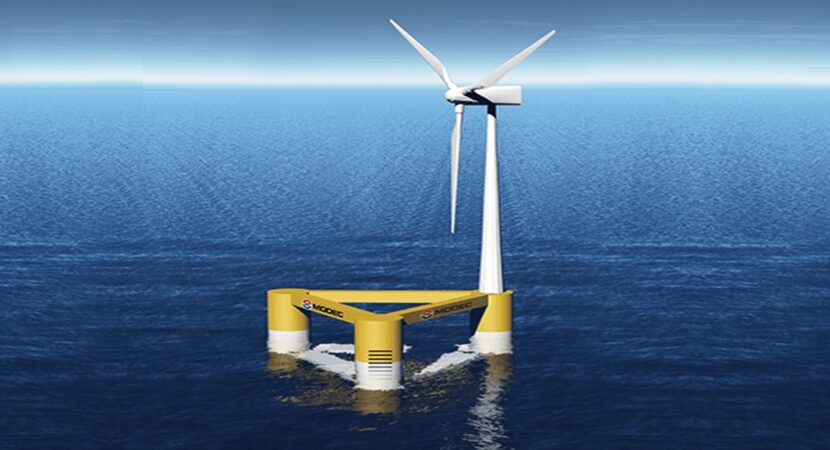
Japanese multinationals Modec, Toyo and Furukawa launch R&D project to reduce floating offshore wind energy costs
A consortium formed by Japanese companies MODEC, Toyo Construction and Furukawa Electric entered into an agreement with the New Energy and Industrial Technology Development Organization (NEDO) to carry out research and development with the aim of reducing the overall costs associated with floating offshore wind turbines. Atlântico Sul Naval Construction Shipyard (EAS), in Pernambuco, receives the first of three ships for repair work and jobs will be generated in the region
Read also
- Coca Cola, the largest multinational producer of non-alcoholic beverages, calls for more than 200 job openings in Rio de Janeiro
- Multinational Actemium in Macaé, started on November 02nd, onshore recruitment and selection, for job vacancies in the role of Crane Operator
- Macaé has job vacancies opened by the outsourced oil and gas company Engeman, in the role of offshore Boiler
- FPSO platform P-71 ordered by Petrobras, will generate many jobs at the Jurong shipbuilding yard, in Espírito Santo
- Jobs for civil construction and maintenance works: helpers, bricklayers, technicians, electricians, plumbers, engineers and many more professionals invited to Sartori projects
Offshore wind turbines, which are being widely introduced mainly in Europe towards a decarbonized society, will be moved from coastal installations to windier offshore areas in order to achieve greater energy efficiency, therefore, in addition to the fixed bed type, wind turbines floating offshore are getting attention as well.
The initiative aims to reduce the overall cost of Floating Offshore Wind Turbines by adopting the Tension Leg (TLP) platform instead of the catenary mooring that is being demonstrated in Japan and abroad.
The three companies will develop a low-cost, next-generation platform and mooring system with the structural reliability required for a float to be mounted with a large capacity wind turbine of more than 10 MW.
Minimizing impacts
Furthermore, compared to catenary mooring, the area occupied by mooring lines at sea can be significantly reduced, so that the negative impact on fishing and vessel operations can be minimized, and excellent social acceptance can be achieved.
The R&D, which will run until March 2022, will see Modec responsible for the TLP, including the mooring system, while Toyo will be responsible for the design of the mooring foundation and offshore construction. Furukawa will work on the underwater power transmission system.
“Offshore wind turbines, which are being widely introduced mainly in Europe towards a decarbonized society, will be moved from coastal installations to windier offshore areas in order to achieve greater energy efficiency,” said Modec.
“So in addition to the fixed-bed type, floating offshore wind turbines are also getting attention.”
Modec revealed on Friday (30/11) that the proposed P&D of the trio was officially adopted by Japan's New Energy and Industrial Technology Development Organization (NEDO).



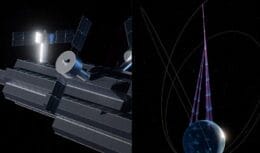
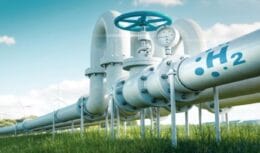
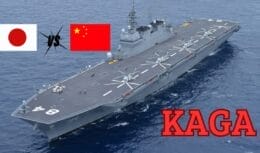




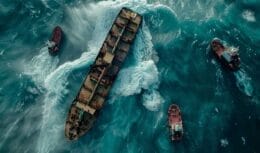


Soon they will be ordering a p alĝum…
Just being Peugeot doesn’t even need to be said…
In what aspect does this "jenio" disagree with…
How stupid is this comment from that guy Luis…
This is called disinformation journalism. O…
Damn, imbecile, idiot
Too good to be true, let's wait...
lula test comment elonmusqueiros